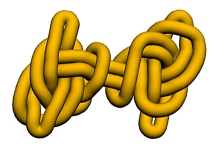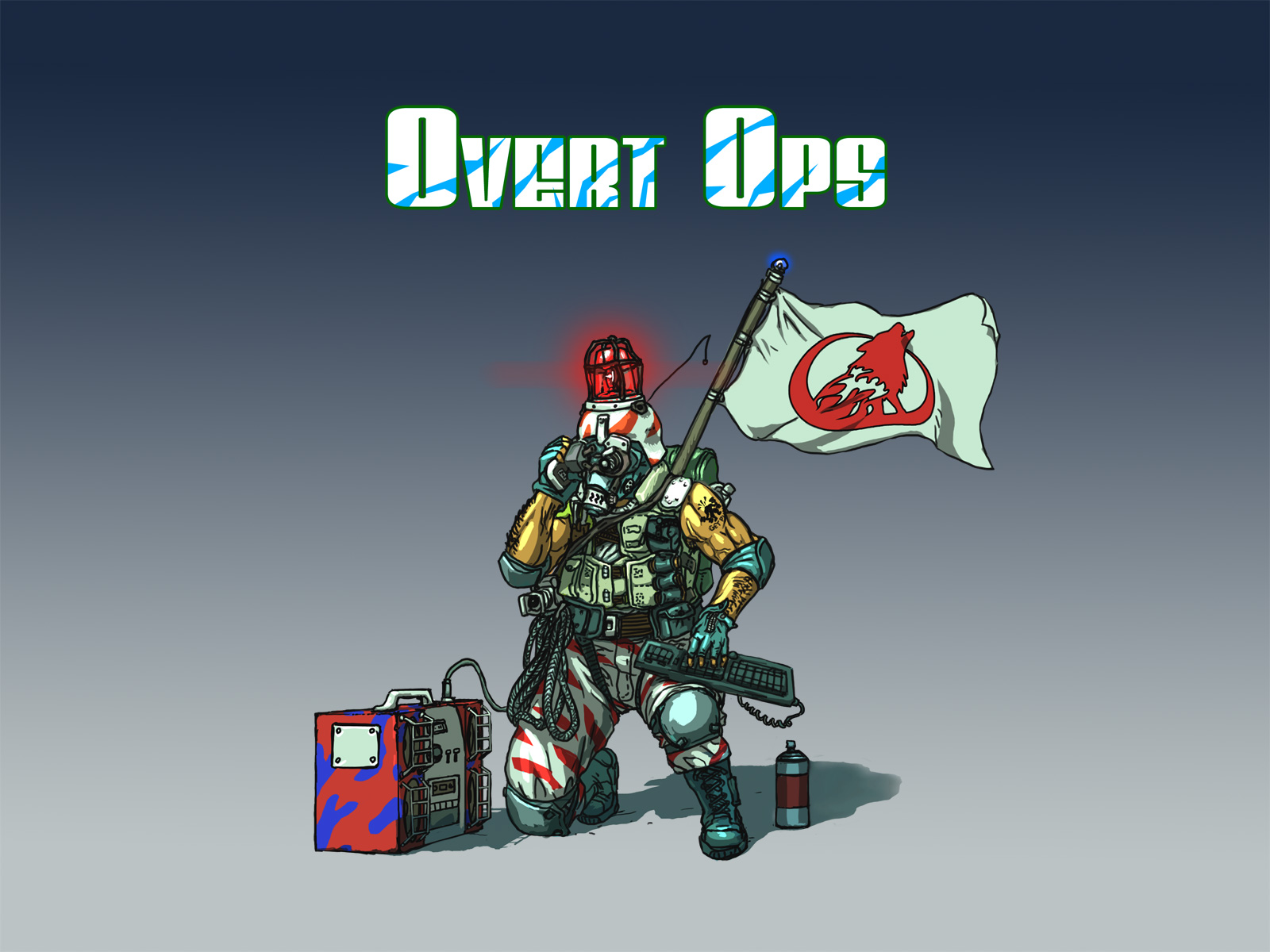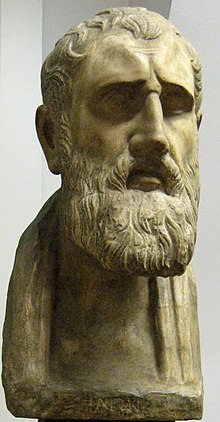
Pronunciation:
\ˈko-fər, ˈkä-\
Definition:
1: chest; especially : strongbox
2: treasury, funds —usually used in plural
3: a recessed panel in a vault, ceiling, or soffit
Etymology:
Middle English coffre, from Anglo-French, ultimately from Latin cophinus basket, from Greek kophinos
First Known Use: 13th century
I heard this word this morning during our sermon. The preacher was talking about Catholics being able to purchase forgiveness of sins, or the security of a loved one's release from purgatory (the purchase of these is called indulgences). Preacher explained that as soon as the coins hit the bottom of the coffer, the loved one would be released into paradise. It's a word not widely used now, and I liked it!



















